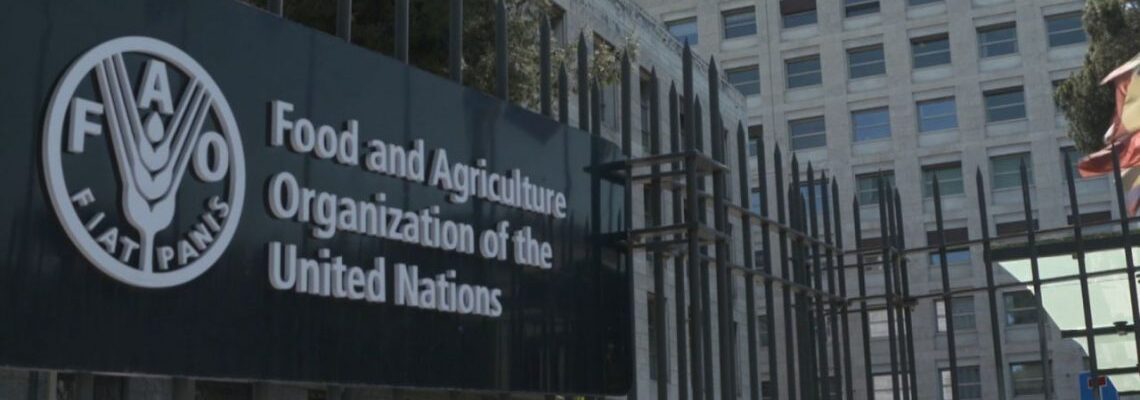
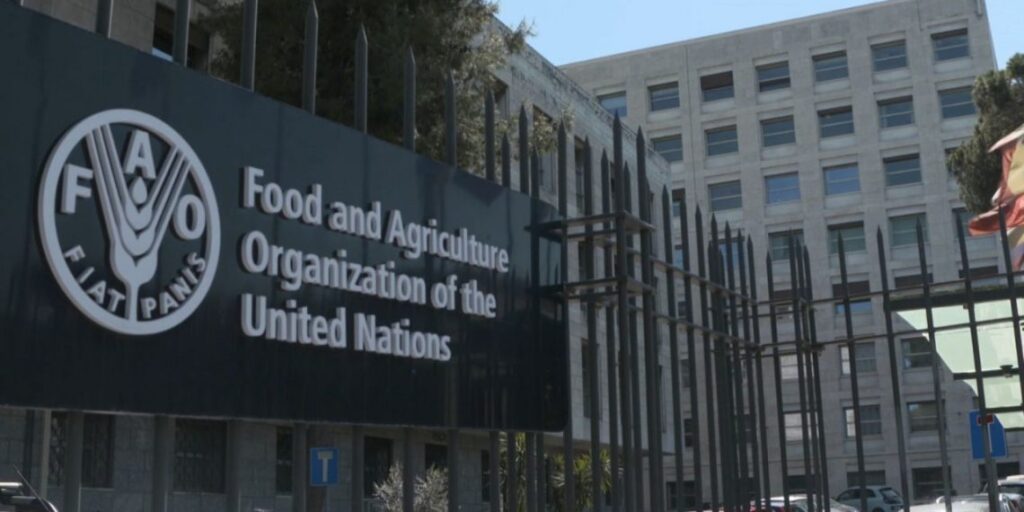
Jamaica is among 22 countries set to benefit from US$68 million in grant funding from the Global Environment Facility (GEF) through the United Nations Food and Agriculture Organization (FAO).
Arranged by the FAO, the funding should bolster Jamaica’s and selected countries’ coffers to implement projects and programmes aimed at addressing biodiversity loss, groundwater management, climate change, land degradation, and pollution.
Projects to be funded were approved by the GEF Secretariat and Councils for the GEF Trust Fund, the Least Developed Countries Fund (LDCF), and the Global Biodiversity Framework Fund (GBFF) during a meeting in December in Washington DC, United States. The projects should benefit from an additional $273 million in co-financing to advance global goals for biodiversity, social inclusion, land and water management, and reducing the use of hazardous chemicals.
“The approval of this batch of projects comes at the end of a year of environmental summits that highlighted the need for finance to unlock transformation of global agrifood systems to this critical agenda,” said QU Dongyu, FAO director-general.
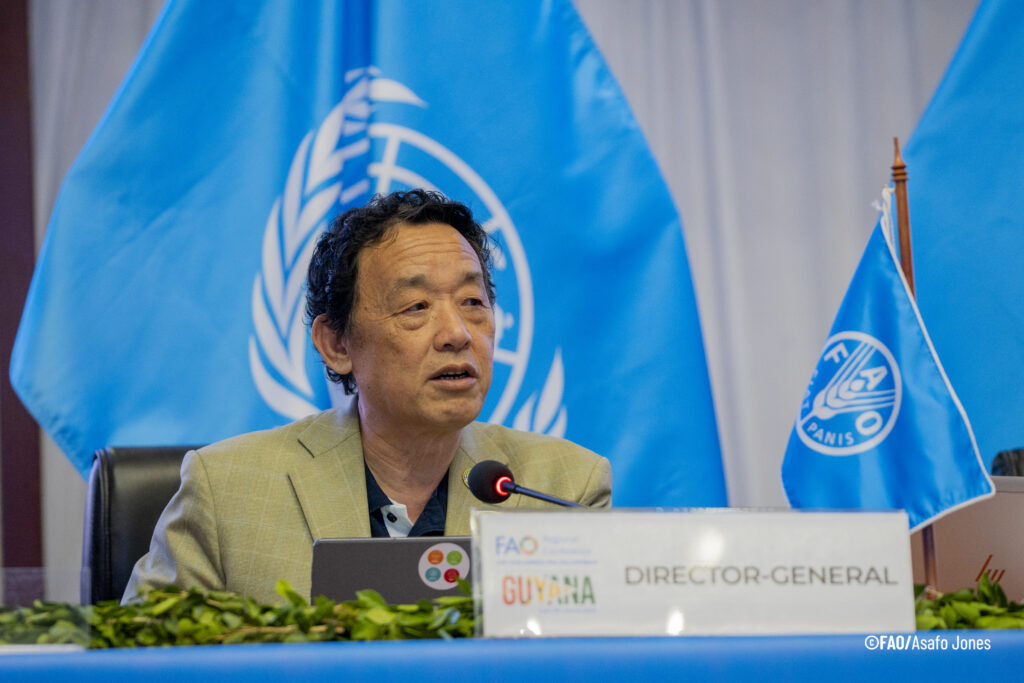
(Photo: Asafo Jones for Flickr @faoalc)
“We look forward to supporting countries to meet their biodiversity, climate, land, water, and pollution goals through agrifood systems solutions under the overall guidance of the Four Betters.”
Small Grants Programme
As part of the funding, the council approved a US$ 19 million allocation for FAO’s first activities as a new implementing agency for the Small Grants Program.
The GEF project builds upon 30 years of impact by bringing FAO’s expertise in working with smallholder producers to support civil society organisations and community-based organisations in co-designing and delivering locally led initiatives. The project will develop strategies, provide financial and technical assistance, and foster South-South Cooperation, with a strong focus on innovation, scalability, and social inclusion of women, Indigenous Peoples and youth.
“These projects will help change the way we produce our food, fuel, and fibre to address global environmental crises. They will enhance coherence between agricultural and environmental sectors and support countries and communities to tackle environmental challenges, food insecurity, and poverty. With this new financing in place, it is now equally important to their success to effectively communicate their goals and impacts,” said Carlos Manuel Rodríguez, CEO and Chairperson, GEF.
The project will work with local organisations across 14 countries including Chile, Cook Islands, Cuba, Guyana, Jamaica, Kenya, Marshall Islands, Nicaragua, South Sudan, Uganda and Venezuela.
According to the FAO, “It aims to restore 20,000 hectares of land, improve practices across 350,000 hectares, and benefit 45,000 people.”

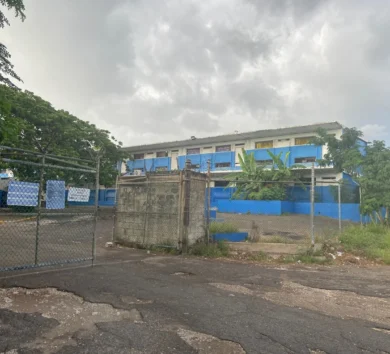




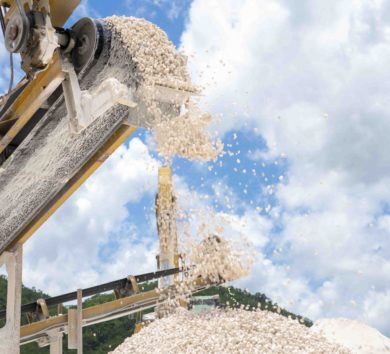
Comments